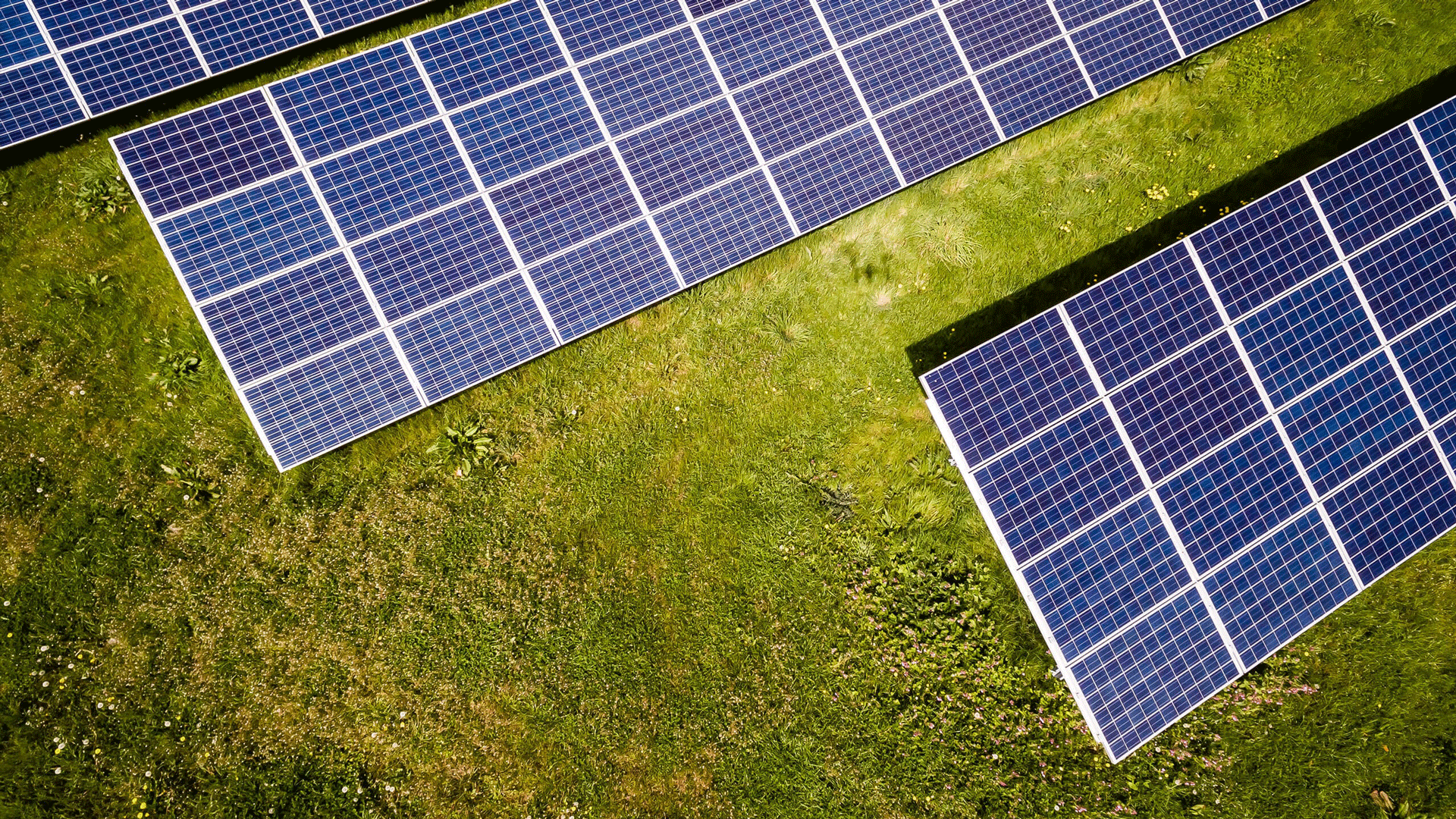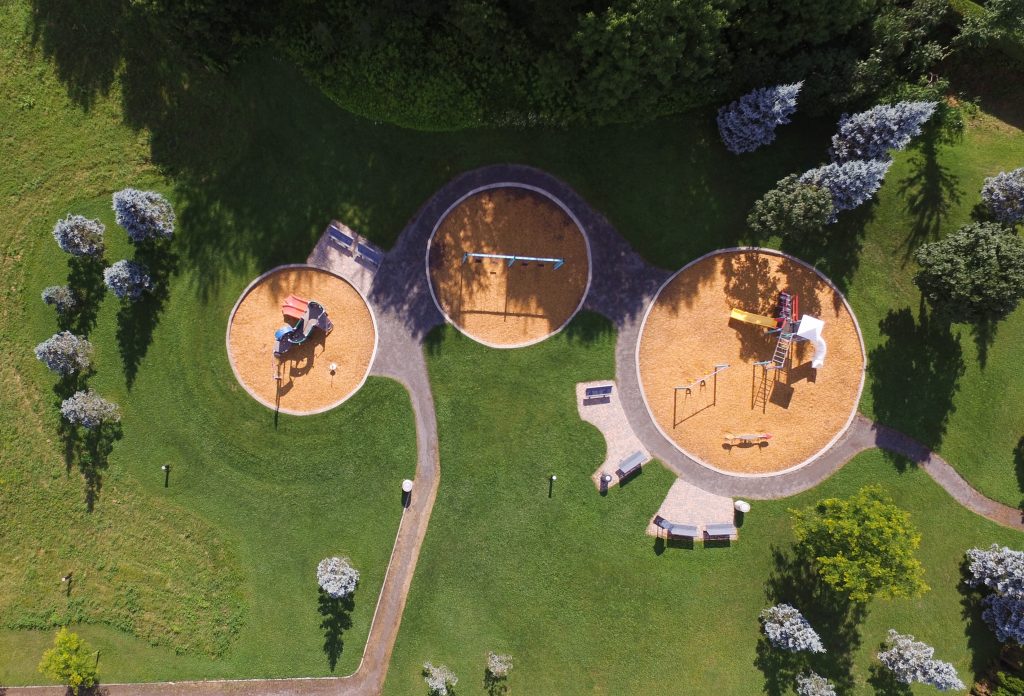Act 233
Local Government Responses to Act 233 of 2023
By Andrew Moore, AICP

In late 2023, Governor Whitmer signed a package of bills targeting clean energy into law. Among them was Act 233 of 2023, which upon becoming effective on November 29, 2024, will largely preempt local control over wind, solar, and energy storage facilities throughout the state. Act 233 will have significant impacts on local units of government as utility-scale wind, solar, or energy storage companies will be able to bypass the local approval process.
Specifically, Act 233 provides for preemption of zoning and other ordinances for the following renewable energy facilities that generate or store power for off-site use:
- Solar energy facilities with a capacity of 50 megawatts or more;
- Wind energy facilities with a capacity of 100 megawatts or more; and
- Energy storage facilities with a capacity of 50 megawatts or more and an energy discharge capability of 200 megawatt hours or more.
Over the last several years, many communities have undertaken lengthy and sometimes contentious efforts to draft zoning and other provisions related to the siting of wind and solar facilities. Now, many of these communities are left wondering what to do in light of this new legislation.


